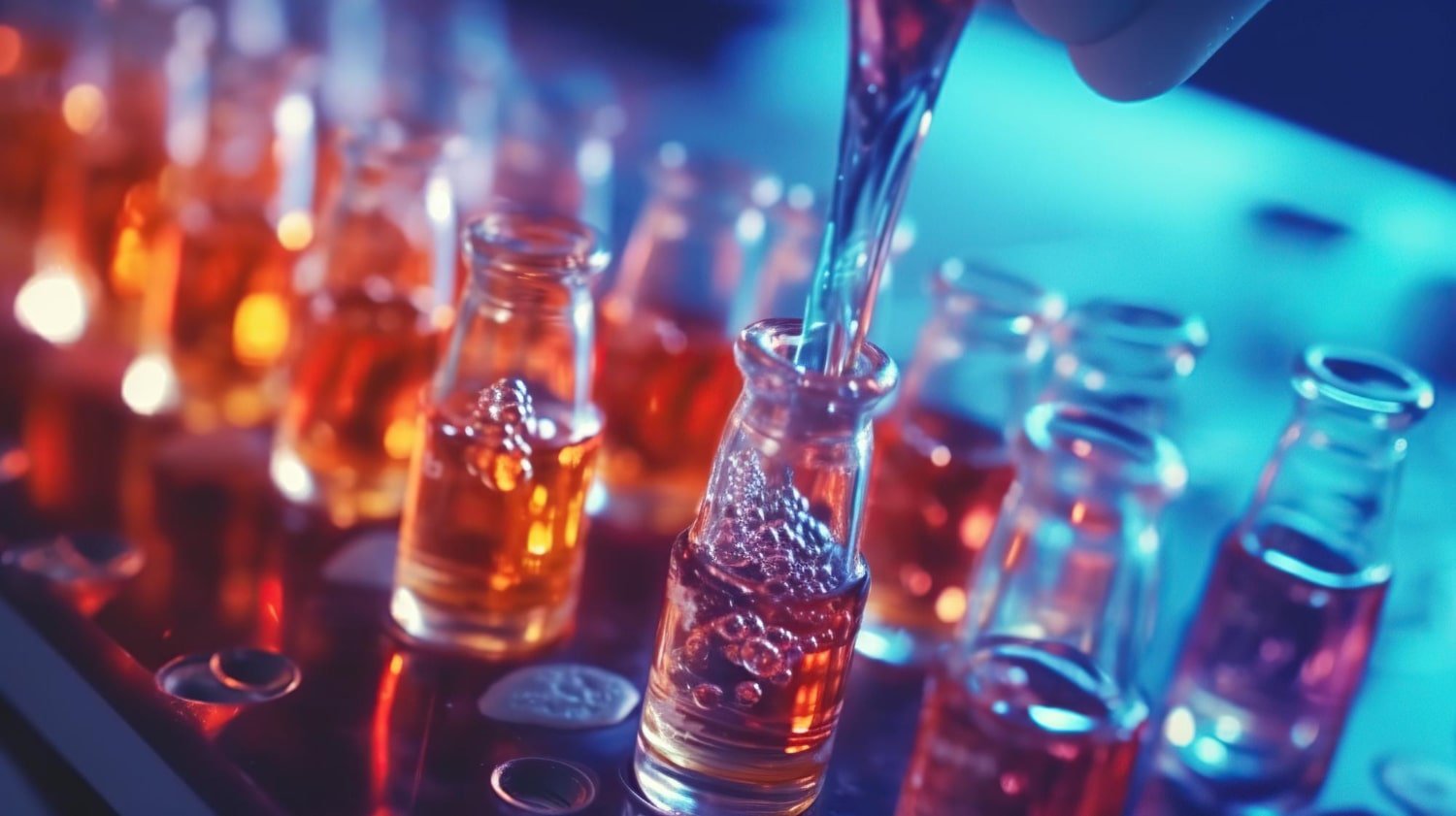Dubbed by many as a safer and less aggressive alternative to delta-9 THC, delta-8 THC has a growing number of people excited to try it out. But there are a lot of unknowns about delta-8 THC. In this article, we are tackling one of the biggest questions: “How long does delta-8 stay in your system?”.
Factors Influencing Delta 8’s Duration in the System
Metabolism
Age, overall health, and genetics are just a few common factors that can influence how long it takes your system to metabolize Delta-8. Those with a faster metabolism are expected to process and eliminate delta-8 THC more quickly than those who fight with having a slower metabolism.
Fortunately, the extreme majority of people have a metabolism that works near the same rate as their average peer. As well, our metabolisms don’t really start to decline again until after age 60.
Frequency of Use
If you’ve used marijuana or CBD frequently in the past, you may have noticed you need to keep taking more and more to get the results you did in the past. To help bring your tolerance back down, it can be a good idea to take breaks here and there. The more you use and the higher the dosages, the faster your tolerance will rise.
Diet, Hydration, and Body Fat
Like other cannabinoids, delta-8 THC is fat-soluble, and the metabolites that occur after it’s been broken down by the body can easily stick around in fat cells. I.e., the higher your body fat, the longer delta-8 THC will remain detectable in your body. This means if you have a drug test coming up, it can be a smart idea to start cutting calories to get fat off your body.
Additionally, drinking a lot of water can help, but you need to be careful. While drinking a lot of water before might make it more challenging for the test to spot THC, diluted urine is a dead giveaway to the testers.
Delta 8 THC Detection Windows: Urine, Blood, and Saliva Tests
Different drug tests have various rates (detection windows) that they are able to successfully detect notable levels of THC in your system. Most drug tests cannot make the distinction between the various THC cannabinoids. With any of these tests, the factors we looked at above will still apply.
Urine Test
A urine test is the most common drug test employees see. In general, a urine test can detect THC metabolites for up to 30 days. This gives it the second longest detection window after the hair test, which can detect THC use up to 90 days prior to testing.
Blood Test
Blood tests are interesting because while they have a shorter detection window than urine tests, they look for the active compound and not the metabolite version. This is actually the reason for the shorter rate.
Some have theorized that delta-8 THC is metabolized significantly faster than delta-9 THC. However, at this time, it’s difficult to say how much faster. Once a delta-8 cannabinoid has been metabolized, a blood test will no longer be able to detect it. However, most blood tests aren’t testing for delta-8 THC cannabinoids, anyway.
Saliva Test
Saliva drug tests typically test for the presence of both the active compound and its metabolites. However, they aren’t very effective after 24 hours after use.
Implications for Users: What You Need to Know
It’s hard to argue against the fact that many manufacturers view delta-8 THC products as a way to get around laws that explicitly ban delta-9 THC. While it worked well in the past, many lawmakers have caught on to the loophole and are aware that delta-8 produces similar, albeit milder, effects to delta-9 THC. As such, it’s incredibly important that you stay up to date on cannabis laws in your region, as changes and bans can happen very fast.
Another concern for those looking to use delta-8 is drug tests. The most common drug test, the urine test, cannot tell the difference between delta-8 and delta-9 as it only looks for metabolites. In particular, it looks for delta-8 and/or delta-9 carboxy tetrahydrocannabinol (THC-COOH).
Clearing Misconceptions: Delta 8 THC vs. Other Cannabinoids
When it comes to delta-8 THC, myths and misconceptions are just the name of the game. There are some who believe that delta-8 THC lingers around in the system longer than other cannabinoids, leading to concerns about potential drug tests and legal implications. But anecdotally, some are finding it, like CBD, exits the body faster than cannabinoids like delta-9.
At this time, I recommended treating delta-8 and delta-9 the same when it comes to how long they will stay in your body/be detectable by a drug test. Delta-8’s slight variation in its molecular structure, which gives it milder effects compared to delta-9, may likewise help the body get rid of it faster. But at this time, that’s impossible for me to say.
To Conclude
Despite seemingly appearing as a simple question to answer, we covered a lot of information. So let’s summarize the key points.
- There are several factors (metabolism, method of consumption, body fat levels, etc.) that all influence how long delta-8 THC stays in the body. Remember, the most common drug test looks for THC metabolites that will stay around significantly longer than the active version.
- While not the best test for distinguishing between delta-8 and delta-9 THC cannabinoids, the urine test is the most common drug test and has one of the longest detection windows.
- At this time, it’s impossible to say whether delta-8 will stay around in the body longer than delta-9 THC. As such, treat them the same until research that says otherwise is available.
- While most laws either ban cannabis outright, or just delta-9 THC, cannabis laws are quickly changing, and many lawmakers are aware that delta-8 THC causes a high too, and are concerned. As such, remember to stay up to date on cannabis laws in your area.
I encourage you to reach out to a healthcare professional if you have any concerns about using delta-8 THC. Because of the lack of regulations regarding cannabis items, and the semi-synthetic nature of delta-8 THC products, if you do decide to use delta-8, please ensure it’s coming from a reputable brand that provides certificates of analysis on their products and information on where they source their cannabis plants.













